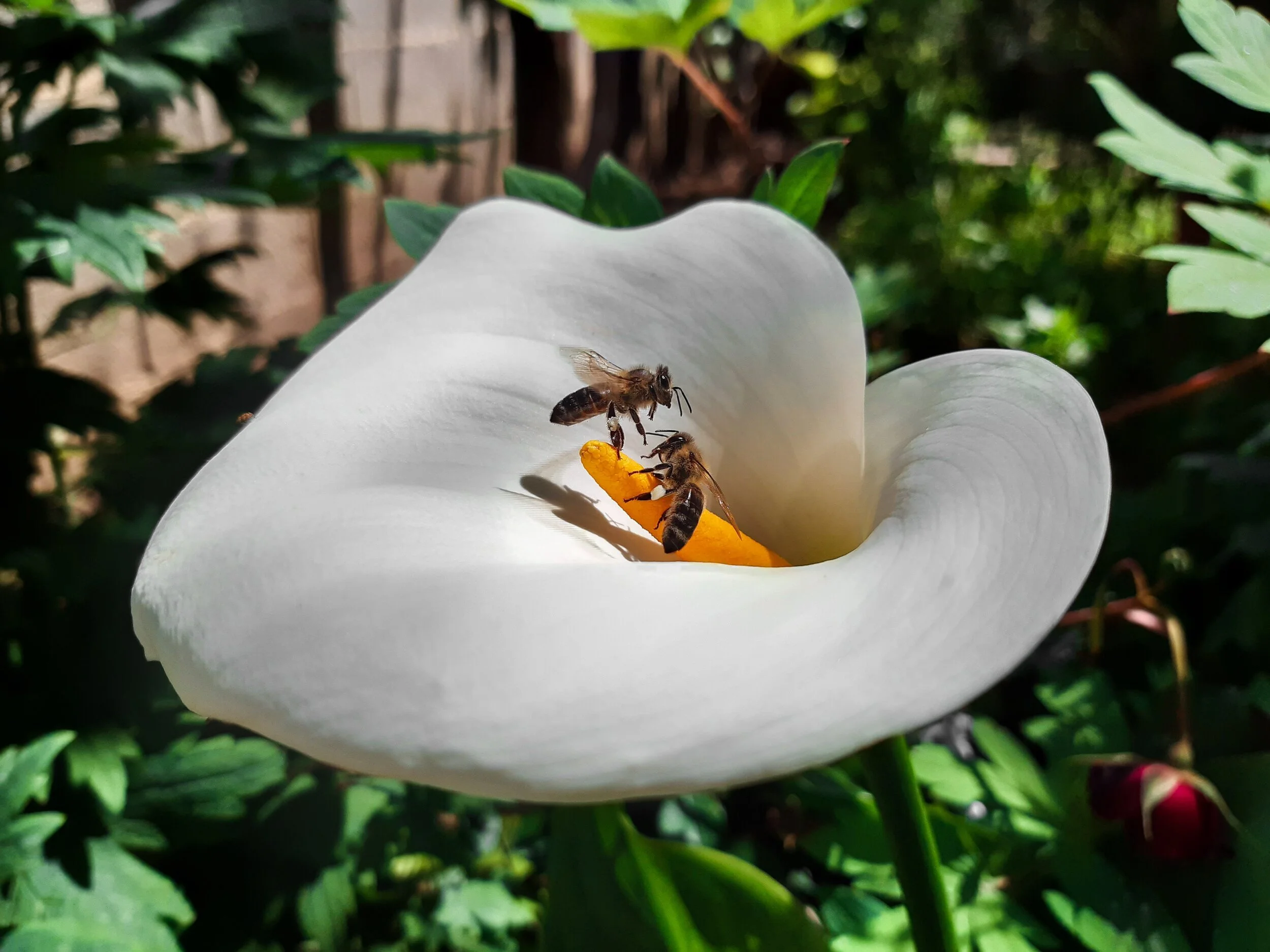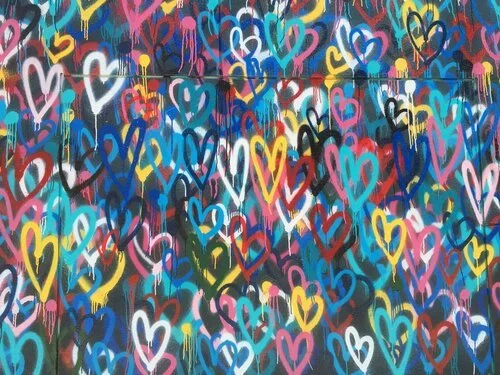
Frank Renaissance is a new, innovative record-label and production studio-hybrid that promotes dope Japanese musicians to the rest of the world via music videos, collaborations, NFTs, digital media, streaming, and more. Primarily focused on exposing Japanese rap artists to US audiences, Frank Renaissance founder Ren Stern is all-too-familiar with the importance of connection, language, and cross-cultural exchanges. The Dimmi Project sat down for a quick chat with Ren to talk about these ideas, even leaving us with a new Japanese slang word to practice.
TDP: You talked about “purposeful curation” of artists that English-speaking audiences will be able to connect with— what makes a Japanese rapper or musician a good fit for Frank Renaissance, in terms of language, culture, etc?
RS: What we focus on working with new artists is an openness to exploring who they are as an artist today in Japan and who they can become as a global artist. Becoming a global artist may mean challenging several of the existing assumptions that artists may have about themselves (e.g., what is cool, what is a hit, etc.) and the willingness to step out of their comfort zones to explore new bounds is crucial to the artists' success in new markets. As a fully bilingual/bicultural record label and production studio who understands the backgrounds of the artists, we try to do this in a way that maintains the artist's authentic self and never look to make artists do anything that they wouldn't want to do.
Having exposure to global cultures and language is highly beneficial in helping artists integrate themselves into global creator scenes, but the greatest weapon for any artist that we work with is an excitement around questioning their own status quo.
TDP: While anyone can definitely enjoy music in any language based on how it sounds, there’s another level of connection and understanding that happens when you understand what a musician is saying and can get a sense of their persona. What do you think are the benefits of being able to comprehend and connect on that deeper level?
RS: Human connection is something that I believe most of us strive for in life, in both small, microinteractions or as part of a greater community and understanding the context of how an artist has put together the work or why they do things they do can greatly increase that sense of connection. Whether it's finding out that you and an artist have the same favorite book or seeing that they have friends that are just like yours, despite the fact that you and the artist may be several thousand miles away and not speak the same language, artist storytelling can help both artists and audiences feel like they are part of something greater. This community building effort through storytelling, we believe, can help foster greater mutual understanding amongst people across cultures and hopefully make the world a better place in the process.
TDP: FR has some very cool projects coming out in the near future in which artists communicate without really using much English or Japanese, but still connect with and understand each other. Can you speak a little bit on the nature of language vs communication and the importance of each?
RS: I'd argue that language is one very significant form of communication that can greatly increase levels of mutual understanding. I think the most significant form of communication is action, meaning, in our case, if you have two artists participate in the same content series, music video or photoshoot, even if it's from two different sides of the Pacific, there is a level of significant symbolic communication that can happen. The sheer fact that both artists are participating in the same project can level the playing field between the artists, foster a sense of community and create communication through the expression of their own creativity. Where language can play a role is creating a call and response between artists, where previously they may have only been able to express their own point of view, they can now feed off of each other to further enhance their own creativity.
TDP: Can you share with us a Japanese word (phrase, slang, etc.) that’s culturally significant in the Japanese hip-hop world and talk about how it’s used?
RS: So a lot of Japanese hip-hop slang actually comes from English, but a more colloquial term that is sometimes used in hip-hop is Yabai (やばい). It means something that is extreme. It could mean that something is "dope," but it could also mean that something or someone is "ridiculous," with a negative connotation. Either way, feel free to test it out on any Japanese friends!
This article is part of the Music edit of DIMMI DIGEST – give them a follow @frankrenaissance and have a listen to their playlist! Learning Japanese? Check out Ren’s response to our take on a classic word game and see if you recognize any words you know.

Location: Silicon Valley
Founder of Frank Renaissance
frankrenaissance.com
@frankrenaissance









































